MEET VENETIA BURNEY WHO GAVE PLUTO ITS NAME IN 1930, WHEN SHE WAS ONLY 11 YEARS OLD.
When you think of planet Pluto, you will likely assume it was named by cosmologists. Given that it's the most recently discovered planet found in 1930. You may think it was named to fit the current plan, in which every one of the planets were named after Greek or Roman god's. If you actually have this notion, then you might be in for a big surprise.
On a bright morning of March 14, 1930, 11-year-old Venetia Burney and her family were having breakfast at their home in Oxford, England, talking about the greatest news of the day: The discovery of a new planet. Venetia's granddad, by name Falconer Madan, a retired head Librarian of the Bodleian Library at the University of Oxford, read to her hearing page 14 of The London Times Newspaper:
NEW PLANET: DISCOVERY BY LOWELL OBSERVATORY
Falconer Madan continued reading to his grand daughter, Professor Harlow Shapley, Director of the Harvard Observatory, declared today that the Lowell Observatory at Flag-staff, Arizona, had finally found a ninth real planet. The planet, which is yet to have a name, is past Neptune. It is most likely bigger than the Earth, yet smaller than Uranus.
The discovery affirms the conviction of the late Dr. Percival Lowell that such a planet existed and was in reality the consequence of a precise inquiry of quite a long while in help of Dr. Lowell's belief. Professor Shapley calls the disclosure the most critical since the revelation of Neptune in 1846.
As the family talked about what the new planet ought to be named, 11-year-old Venetia Burney suddenly said "I think Pluto would be a decent name for it." Pluto is the divine force of the underworld, who could make himself imperceptible and abided in a place that daylight didn't reach. It appeared a fitting name for a dark, remote planet.
As an intelligent student, at age 11 Venetia knew about the solar system, the names of planets and moons, and in addition Greek and Roman legends. With a school class, she'd been on strolls in the college park in which her educator had portrayed the relative separation between the planets and the sun. These variables played into Venetia's conjuring up the name Pluto.
Venetia's granddad, Falconer Madan, thought naming the planet Pluto was such an awe inspiring thought, he immediately proposed the name to a companion of his, Herbert Hall Turner, a professor of astronomy at the University of Oxford as at then, was attending a meeting of the Royal Astronomical Society (RAS) in London at the time.
"I think PLUTO is magnificent!!" Turner replied back in a letter to Falconer Madan. "We didn't figure out anything so great as naming the new planet pluto at the RAS yesterday. The over all suggestion recommended was Kronos, yet that won't do nearby Saturn." (what might as well be called Saturn is Kronos.)
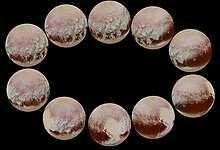
images of Pluto from different point of view
Turner at that point sent a telegram to the Lowell Observatory in Flagstaff expressing:
Naming new planet, please think about PLUTO, proposed by little young girl Venetia Burney for dark and melancholy planet.
Little did Venetia Burney and her family know that a verbal confrontation was ranging among astronomers over what to call the newfound planet: Kronos? Zeus? Minerva? Map book? Persephone? Pluto, because of its association with the underworld, was viewed as a long shot by a few. Researchers at Lowell Observatory, in any case, voted collectively for the name Pluto, to some extent on the grounds that the initial two letters, PL, were viewed as homage to their founder, Percival Lowell.
May 24th, 1930. The director of the Lowell Observatory in Flagstaff Arizona, Vesto Slipher, declared that the name of the ninth planet would be Pluto. Pluto formally got its name in a ceremony. Venetia herself got a 5-pound note from her granddad.
Falconer Madan likewise composed a letter of appreciation to Venetia's teacher, saying "I truly trust that had Venetia been under a less able and edified educator than yourself, the proposal of Pluto would not have struck her," as indicated by Mental Floss. He additionally sent cash, which was utilized to order a classroom phonograph, which the teacher named Pluto.
As indicated by history, Venetia was by all account not the only one in her family to name a celestial body. Her great uncle, Henry Madan, a Science Master of Eton, had in 1877 recommended names for two smaller moons of Mars, Deimos and Phobos, which means terror and fear.
Venetia grew up to become an accountant and math teacher. She wedded Maxwell Phair, and had one child. Venetia Burney passed on in 2009 at 90 years old.
REFERENCES
https://www.smithsonianmag.com/smart-news/how-pluto-got-its-name-180955912/
https://mobile.nytimes.com/2009/05/11/world/europe/11phair.html


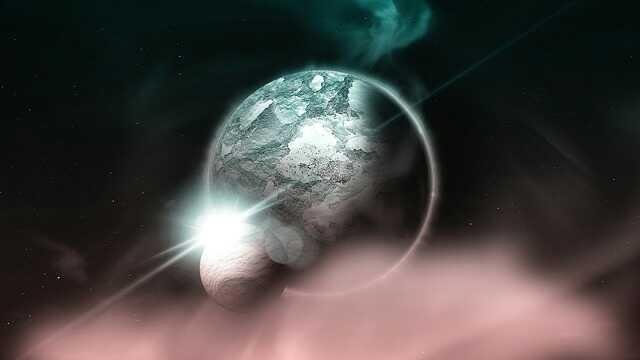
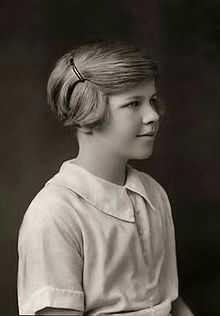
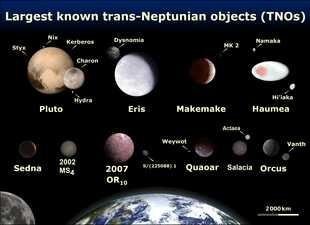
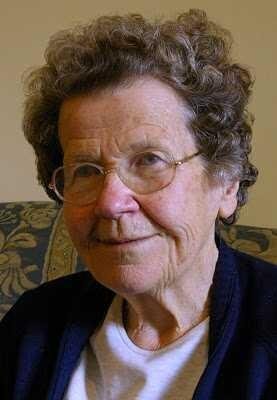
Hey @blinks. This is @marxrab a moderator for @steemiteducation. In checking your references, your post had a number of similarities to this source. Some of your sentences were borderline plagiarized. They read the same with only a few words changed here and there. Please be careful in the future to ensure all your posts are original content and all sentences are completely in your own words. Thanks.
Thanks, I only picked some key points from the site to make up the post due to the nature of the post, but I have noted your point and will do as you have advised. Thanks a lot, I appreciate.
Thanks for the great story. I live relatively near the Lowell Observatory and have been there a couple of times. I love the stories of the place.
Wow.... That's great, one day I sure hope to visit such place, it will be so lovely...thank you sir for stopping by my blog.
Congratulations @blinks: this post has been upvoted by @minnowhelpme!!
This is a free upvote bot, part of the project called @steemrepo , made for you by the witness @yanosh01.
Thanks for being here!!
The real source: https://www.thevintagenews.com/2018/05/15/pluto/
We have reasons to believe this article is reworded from the above site, and it wasn't included in the reference section.
So an accountant can also give a name to a planet in the solar system, no need to be an astronomer always. Interesting to know about this fact that name was given by a child.
You got a 2.12% upvote from @postpromoter courtesy of @blinks!
Want to promote your posts too? Check out the Steem Bot Tracker website for more info. If you would like to support the development of @postpromoter and the bot tracker please vote for @yabapmatt for witness!